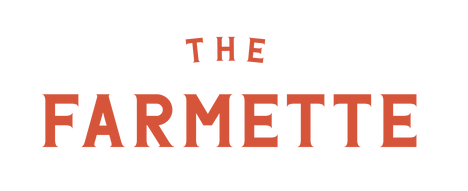
Life of a farmer
A typical farmer in rural areas of Pakistan leads a hard life. They usually have small pieces of lands, inherited from their fathers. People in village have land as their resource base. The next generation is content to know that they can rely on family business i.e., in this case agriculture, to support their families if they discontinue studies owing to lack of resources or interest. However, the problem arises when one of older generation dies. Sharia law prevails in inheritance but since there is no clear demarcation of land, the process of valuation of land, to divide the land among the next generation, is tedious. The ensuing court case not only puts the question mark on the repute of the family but also drags families into money-burning competition. Even if the transition takes place amicably, the big piece of land gets divided into small pieces and the farmers cannot achieve the economies of scale as compared to bigger fishes in the pond. Many farmers own agricultural machinery like tractor but when it is underutilized, it adds to the cost of the farmer. Others, who don’t own tractor and other equipment are forced to pay out hefty rent to bigger landowners.
Barring big landowners, farmers face financial troubles. One such difficulty is working capital requirement. Farmers go to traditional banks to get loans to buy seeds and fertilizers at the start of crop season. However, due to little to no collateral, their applications get rejected. The interest rates are also high for the people who already have little margins to depend on. In the recent decade, companies have begun to identify gaps in the market and provide farmers with cheap working capital to fulfill their seasonal needs such as buying of seeds at the time of harvesting. Muhammad Younas's Grameen Bank has done some phenomenal jobs in this arena; the bank providing loans without collateral to the people from impoverished communities including farmers. The bank uses innovative mechanism like group lending, in which each group is lent some money, and bank never extends any loan to group again in case of default. The strategy has been successful and Grameen bank has very high payback percentage. In Pakistan, microfinance banks have been trying to take similar initiatives and reach farmers at grass root level with multiple products. Unlike traditional banks, they also provide customized financial products with little to no collateral. New startups, FinTech’s have also been trying to enter the space. With the help of complex algorithm, based on past buying behavior and numerous other factors, they gauge the credit worthiness of customers and extend small loans without the requirement of collateral. One just has to sign up on their platform and they extend loans in a very short time. Fintechs also have a lot of room to play since, unlike brick-and-mortar banks, they don’t require high initial capital investment.
Farmers often face natural uncertainties such as flood and drought, producing price volatility. There are emerging companies who provide farmers with other financial services such as hedging and insurance. One such company is Los Grobo, a company initially based in Argentina but expanded to other parts of the Latin America. Although it offered a variety of services across complete value chain, its hedging services have been very effective in mitigating risk of farmers. In 2008, at the height of global financial crisis, Argentina met with its worst drought in history. Owing to hedging, 50% of Los Grobo's soyabean production was $40 higher than soyabean being traded in the market. Such kind of support essentially helps farmers survive through rough patches.
The companies have begun to change the traditional meaning of success. Success is now being seen not from the single lens of profits but from triple Bottomline of Profits, People and Planet. Helping farmers with their problems can bring them close to their objective of helping vulnerable communities and society.

Leave a comment